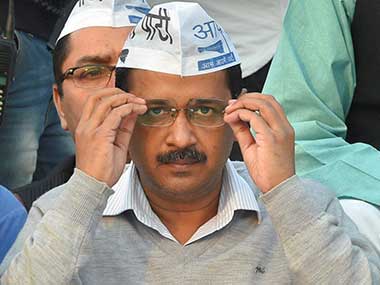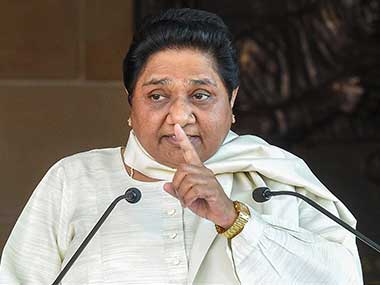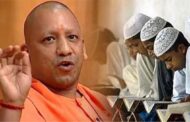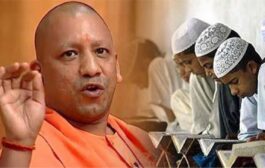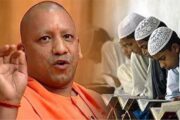Climate and culture are directly linked as without this calamity cannot be avoided, Prime Minister Narendra Modi said after he was conferred the ‘Champions of Earth’ award of the UN Environment Programme (UNEP) here on Wednesday.
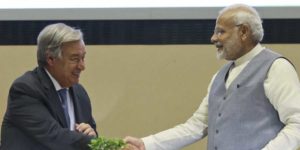
“Climate and calamity have direct links with culture,” Modi said after he was conferred the award by UN Secretary General Antonio Guterres at a special ceremony here.
“As long as culture is not a part of our thoughts about the climate, it will be difficult to save ourselves from calamity,” he said.
Modi, along with French President Emmanuel Macron, was named for this year’s ‘Champions of Earth’ award by UNEP under the Policy Leadership category for their pioneering work in championing the International Solar Alliance (ISA) and promoting new areas of levels of cooperation on environmental action, including Macron’s work on the Global Pact for the Environment and Modi’s unprecedented pledge to eliminate all single-use plastic in India by 2022.
India and France played key roles in the drafting of the Paris Climate Agreement during the Conference of Parties (CoP) in 2015.
Modi, along with then French President Francois Hollande, launched the India-initiated ISA during CoP 2015.
The ISA was conceived as a coalition of solar resource-rich countries to address their special energy needs and provide a platform to collaborate on dealing with the identified gaps through a common, agreed approach.
It is open to all 121 prospective member countries falling between the Tropics of Cancer and Capricorn.
The first general assembly of the ISA was held here on Tuesday, which was also attended by Guterres.
In his remarks at the award presentation ceremony, Modi said that though the world has recognised India’s commitment to the cause of climate, it has been a part of Indians’ lifestyle for thousands of years.
“This award is for our Adivasi brothers and sisters who love the jungles more than themselves,” he said.
“It is for our fishermen who take from the seas only what is needed to earn for their living. It is for our farmers for whom the cycle of seasons is the cycle of their life.”
Modi also dedicated the award to the women of India for whom reuse and recycle is a part of their everyday life.
He said that without putting extra pressure on the environment and nature, people need to join hands to take advantage of development opportunities.
“That is why I talk about climate justice,” he said.
“Without ensuring climate, the challenge of climate change cannot be handled.”
Modi said that today India is among those nations where urbanisation is taking place at a fast pace, which is why emphasis is being put on making Indian cities smart and sustainable.
He said that infrastructure is being made keeping sustainable environment and inclusive growth in mind.
“Even as the country’s national highways and expressways are being made eco-friendly, green corridors are also being developed,” the Prime Minister said.
“From homes to lanes, offices to streets, ports to airports, campaigns are being run on water and energy conservation,” he said.
“From LED bulbs to rain water harvesting, technology is being promoted in all possible ways.”
Modi said that in all these, the biggest success has been a change in people’s behaviour and thought process.
Speaking on the occasion, Guterres said that the award is a recognition of a statesman who embodies true leadership.
“In Prime Minister Modi, we have a leader who realises the issue of climate change and understands the benefits of climate action,” the UN Secretary General said.
“He knows the problems and also works to solve them.”
External Affairs Minister Sushma Swaraj, who was also present, said that the award is a fitting recognition of Modi’s leadership towards making the world a cleaner place.
“He was firm that the agreement in Paris has to stay and the world must come together,” Sushma Swaraj said.
“As Prime Minister, he has taken numerous steps for the protection of the environment.”
Stating that Modi has always believed that one can conserve the environment and also move on the path of development, Sushma Swaraj recalled him saying that in case of power shortage, “we will look to the rays of the sun and work on solar energy”.
On his part, UNEP Executive Director Erik Solheim said that the most important raw material in the world today is political leadership which a leader like Modi has provided.
“I give you credit for changing the debate in India from just development to Mother Earth,” Solheim said.
Describing Mahatma Gandhi as an environmentalist when the word itself did not exist, he said that Gandhi was the first person to raise the issue of air pollution.
Stating that there can be no better way to honour Gandhi than the Swachh Bharat campaign, Solheim said that this campaign has the potential to score wins on three fronts – environment, health and jobs.
source: TINE

